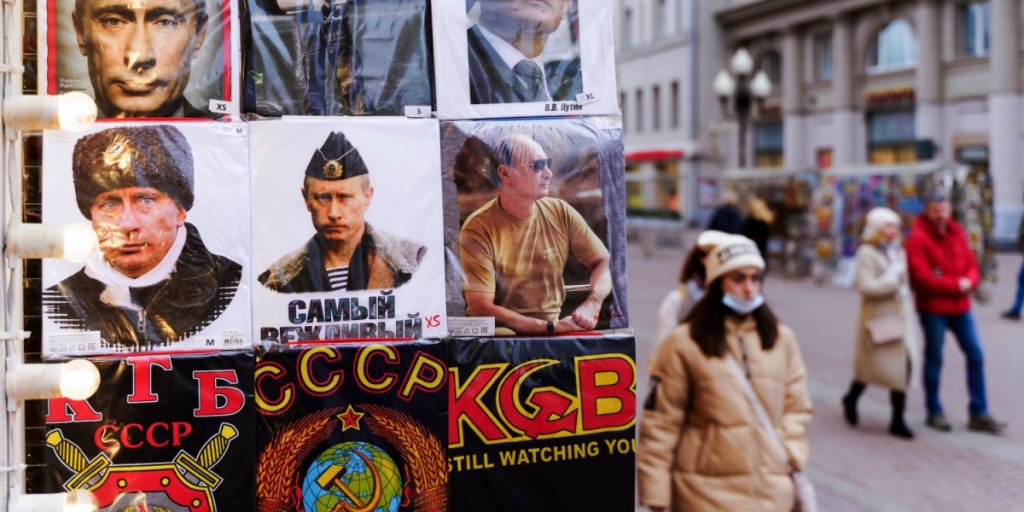Estonia has enforced a ban on Soviet symbols.
Others are reading now
A recent incident at the Narva-1 border crossing shed light on the strict enforcement of Estonia’s laws against the display of symbols associated with aggression. A Russian citizen, attempting to enter Estonia, was found carrying a T-shirt adorned with the coat of arms of the Soviet Union and the acronym CCCP, symbols considered provocative and banned in the Baltic nation.
Estonia’s Stand Against Symbols of Aggression
Estonia, a country with a complex history with the Soviet Union, enforces stringent laws regarding the public display of symbols associated with aggression, genocide, and other crimes against humanity.
As reported by Postimees, the border guards informed the Russian citizen that such symbols are expressly prohibited within Estonian territory. Faced with the choice of forfeiting his journey or the contentious T-shirt, the traveler opted to discard the garment, thus allowing his entry into Estonia.
Also read
This encounter comes in the wake of Estonia’s reinforced legislation against hostile symbols following Russia’s full-scale invasion of Ukraine.
In a move to distance itself from symbols of past and present aggression, Estonia has outlawed the display of items such as the Georgian ribbon or the letter Z, closely associated with Russian military and nationalist sentiments.
Legal Implications
President Alar Karis ratified this legislation last April, establishing penalties for individuals and legal entities found in violation of the law.
Individuals may face fines up to 1,200 euros or arrest, while legal entities could incur fines up to 32,000 euros.
The enforcement of this law has led to several incidents, including the fining of individuals displaying banned symbols. One such case involved a driver in Narva who was fined for having a St. George’s ribbon, another symbol with deep historical ties to Russian military achievements, hanging on the mirror of a car registered in Finland.


